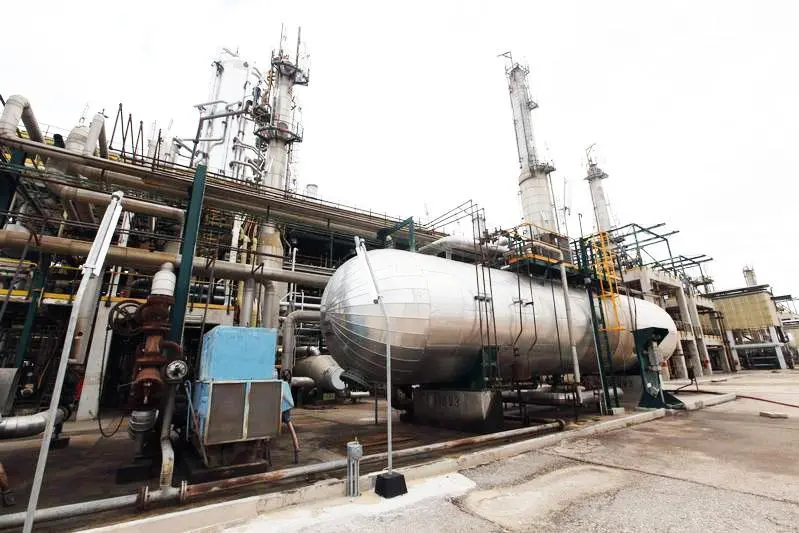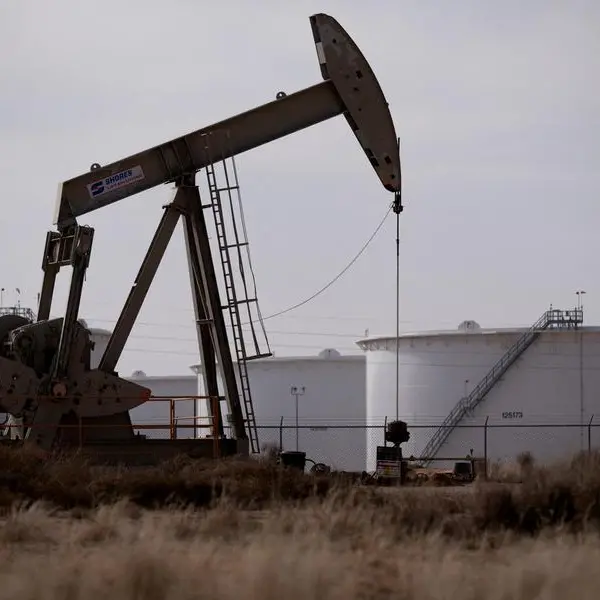PHOTO
RIYADH — The 38th OPEC and non-OPEC Ministerial Meeting, held on Thursday, expressed its deepest gratitude to Saudi Arabia for its exceptional leadership and unwavering commitment to maintaining global oil market stability. Saudi Minister of Energy Prince Abdulaziz bin Salman chaired the meeting of the OPEC and non-OPEC Participating Countries in the Declaration of Cooperation (DoC).
The meeting has navigated challenges with strategic vision and fostering cohesion through consensus building efforts and ensuring balance and transparency in the oil market, the OPEC+ said in a press statement on Thursday.
The meeting decided to extend the level of overall crude oil production for OPEC and non-OPEC Participating Countries in the DoC as agreed in the 35th OPEC and non-OPEC Ministerial Meeting until 31 December 2026. The ministerial meeting reaffirmed the mandate of the Joint Ministerial Monitoring Committee (JMMC) to closely review global oil market conditions, oil production levels, and the level of conformity with the DoC, assisted by the Joint Technical Committee (JTC) and the OPEC Secretariat. The JMMC meeting is to be held every two months.
It is also decided to hold the OPEC and non-OPEC Ministerial Meeting (ONOMM) every six months in accordance with the ordinary OPEC scheduled conference. The countries agreed to grant the JMMC the authority to hold additional meetings, or to request an OPEC and non-OPEC Ministerial Meeting at any time to address market developments, whenever deemed necessary.
The meeting reaffirmed that the DoC conformity is to be monitored considering crude oil production, using the average of the approved secondary sources, and according to the methodology applied for OPEC member countries. It reiterated the critical importance of adhering to full conformity and compensation mechanism.
The meeting also decided to hold the 39th OPEC and non-OPEC Ministerial Meeting on 28 May 2025. These decisions were taken in light of the continued commitment of these countries to achieve and sustain a stable oil market, and to provide long-term guidance and transparency for the market, and in line with the approach of being precautious, proactive, and pre-emptive.
© Copyright 2022 The Saudi Gazette. All Rights Reserved. Provided by SyndiGate Media Inc. (Syndigate.info).





















